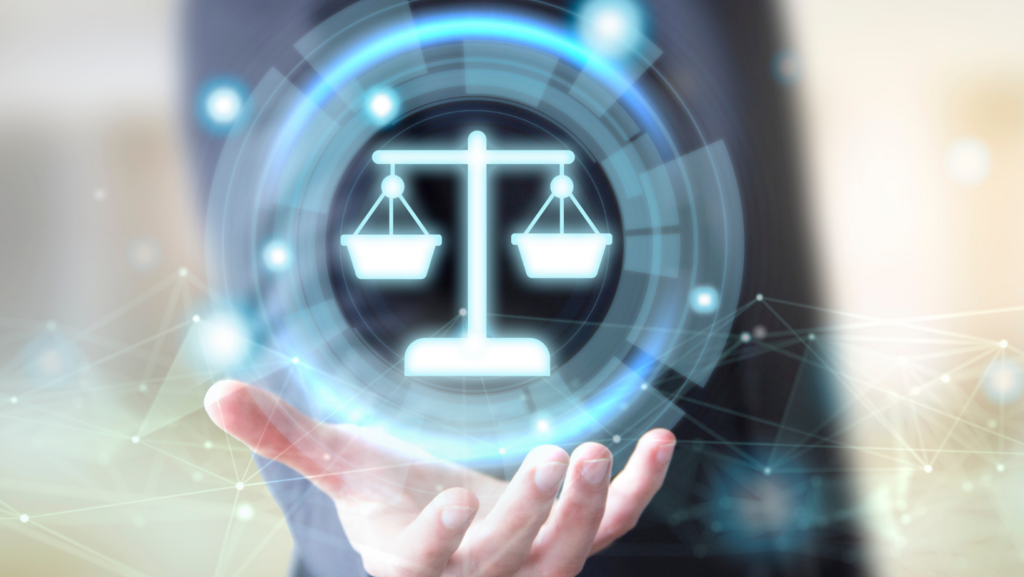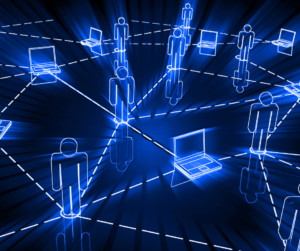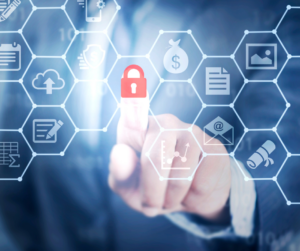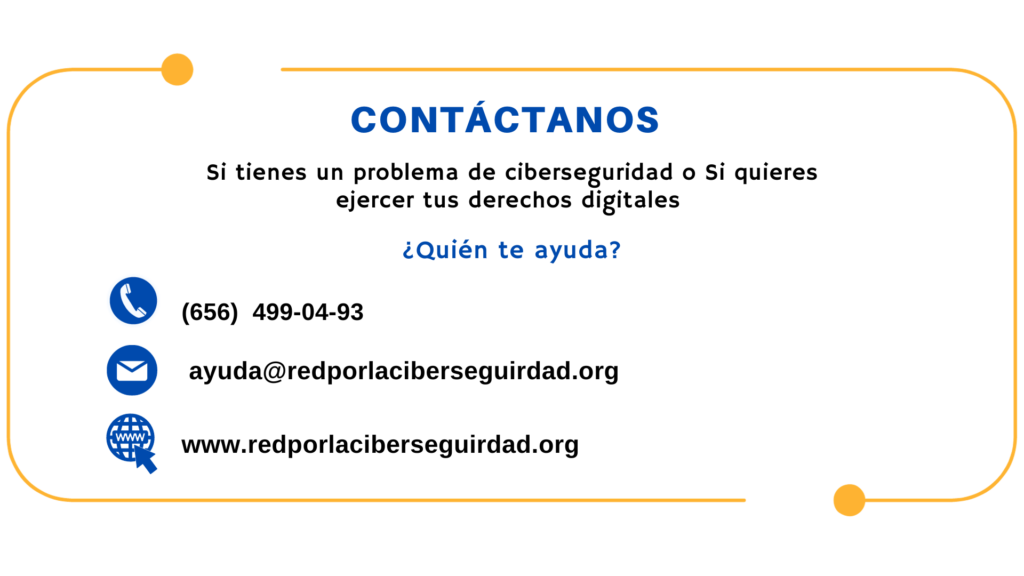What are my digital rights?

The use of technologies is increasingly constant while digitalization is gaining ground in each of the aspects of our daily lives and therefore it was necessary to adapt different areas. And of course the law was not the exception, since having digital citizenship would have to add rights for them.
To prevent the Internet from becoming a lawless world and where the web becomes an effective and safe tool for all users, different international organizations and organizations created what we know today as digital rights.
Digital rights
What are?
Fundamental rules or freedoms for the enjoyment of digital life in safe conditions that allow any user to access the creation and publication of digital content that in turn allows the use of and access to any electronic device.
Goal
Guarantee the right to safe use of the Internet, avoiding the inequality of the impact of information technologies and guaranteeing communication between social groups.

WHICH ARE?
Each country creates its own digital rights according to the needs and protection mechanisms for users and although they are not currently established in Mexico due to the lack of a law on cybersecurity issues, no quiere decir que no podamos guiarnos y llevar a la práctica lo que dicen otros derechos digitales ya que en si todas estas comparten los mismos principios y objetivos.
RIGHT TO PRIVACY IN THE WORKPLACE
It provides protection to the intimacy, privacy and private information of workers against any digital device in the workplace.
Although control and surveillance measures such as identification cards and even the use of video surveillance can be adopted, although this must meet some requirements that are considered suitable to verify that workers comply with their duties and obligations.
RIGHT TO INTERNET NEUTRALITY
Avoid discrimination by internet service providers, having transparency when offering said service without taking into account technical and/or economic reasons.
RIGHT TO DIGITAL SECURITY
Provides security to users when carrying out any type of communication over the Internet.
For example, in the use of antivirus or identity verification or authentication systems, where both are programs that are responsible for the protection of both our electronic devices and the information that is found.
RIGHT TO BE FORGOTTEN IN INTERNET SEARCHES, SOCIAL NETWORK SERVICES AND EQUIVALENT
Any search result referring to a person's name must be removed from any search engine if there is no accurate, relevant or outdated data.
RIGHT TO FREEDOM OF EXPRESSION
The right to seek, receive and/or disseminate information, ideas or thoughts through the digital sphere without retaliation by the state or companies that provide the service.
RIGHT TO PORTABILITY
Every user can easily obtain, copy or transmit their personal data in structured electronic formats from public and private institutions, which they can reuse for their benefit, based on ARCO rights.
That is, the citizen can demand that any organization that is using their data return it to them or pass it on to another organization or company.

COLLECTIVE BARGAINING LAW
Collective agreements can establish additional guarantees of rights and freedoms, related to the personal data of workers and digital rights in the workplace since through the dialogue or conversation that takes place in the digital space, employers and Their organizations and/or unions can agree to fair wages and decent working conditions for all those involved.
RIGHT TO DATA PROTECTION OF MINORS ON THE INTERNET
Any activity carried out on the website with minors under 14 years of age must have the consent of the minor or their legal representatives.
We leave you a link to a blog of our friends at #Likeinteligente where they delve into the topic of data protection of minors and its possible risks: https://www.likeinteligente.org/2022/06/01/ciberseguridad-en-apoyo-a-la-educacion/
RIGHT OF RECTIFICATION ON THE INTERNET
Permite que los usuarios Let the users correct their error when disseminating non-true content and/or information that has been transmitted through a digital medium, the dissemination of which may cause some damage to the image, privacy and intimacy of third parties.

bibliographic references
- Ramírez, H. (2022, 26 julio). Derechos Digitales. Conoce cuáles son tus derechos en Internet. Grupo Atico34. https://protecciondatos-lopd.com/empresas/derechos-digitales/
- Derechos digitales, imprescindibles en la era de Internet. (2021, 22 abril). Iberdrola. https://www.iberdrola.com/innovacion/que-son-derechos-digitales
- Galeano, S. (s. f.). LOS 10 DERECHOS DIGITALES QUE DEBES CONOCER. qroo.gob. Recuperado de https://qroo.gob.mx/iqit/derechos-humanos-10-derechos-digitales-debes-conocer
- Tablado, F. (2020, 4 diciembre). ¿Qué se considera una invasión en la privacidad laboral? Ayuda Ley Protección Datos. https://ayudaleyprotecciondatos.es/2018/11/15/invasion-privacidad-laboral/

